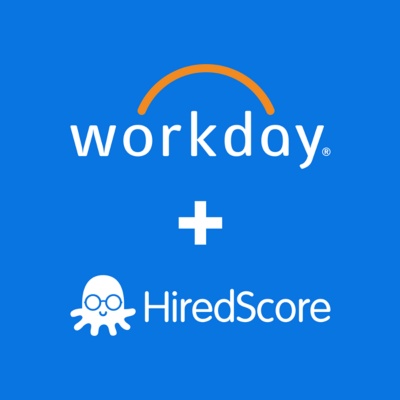AI is no longer optional. From here on, AI will be essential to an organization’s digital transformation—and to HR’s critical role in enabling transformation. CHROs are now expected to help lead their organization’s AI strategy. But how do they feel about these technologies? And is HR ready to use them?
In the “Global CHRO AI Indicator Report: A Vision for Strategic Value,” Workday in collaboration with FT Longitude surveyed 2,355 senior business executives across functions. Then, by analyzing the HR respondents, we discovered what HR professionals think about AI and where they expect AI to drive the most business value and impact for HR.
The report makes a fascinating if perhaps surprising finding: HR, compared to IT and finance, is more conservative on AI adoption and more thoughtful about the value AI can deliver. The report also offers three ways to embrace AI thoughtfully in HR.
Instructively, the report also tracks respondents going further with AI—a group we’ve named AI Pioneers. These organizations have the highest rates of  AI and machine learning (ML) adoption and digital transformation. Within HR, they’re adopting AI at more than twice the rate of the others.
AI and machine learning (ML) adoption and digital transformation. Within HR, they’re adopting AI at more than twice the rate of the others.
Delivering Strategic Value—HR’s North Star
HR has evolved from supportive to strategic. But the function is being weighed down by administrative overload. In fact, compared to IT and finance, HR is the least satisfied with the sheer number of function-specific admin tasks that all employees must complete.
HR sees AI as a strategic enabler: two-fifths say AI will allow their teams to deliver more strategic value, compared to over half of AI Pioneers. Both HR respondents and AI Pioneers expect to realize the same benefits from integrating AI into HR: increased productivity, improved collaboration, and increased revenue and profits. HR leaders say the most immediate value from AI can be gained in three areas: performance management, skills management, and recruitment and onboarding.








